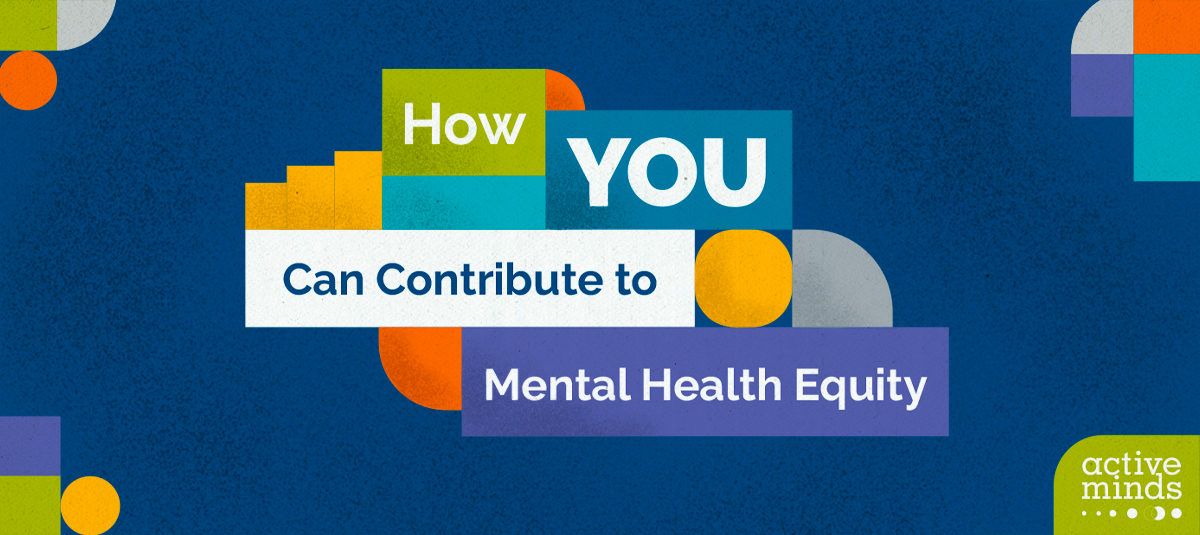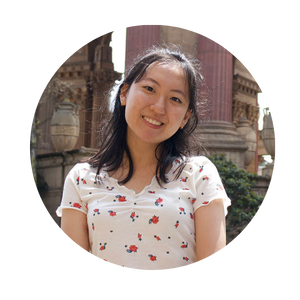As the co-president of Active Minds at Vanderbilt University, a student studying psychology and public health, and as an Asian American woman, I’ve seen first-hand the effects that a lack of inclusive mental health support and resources can have on a community. It’s detrimental to not only those who are under-represented but to everyone existing in those spaces. Conversely, having diverse perspectives at the table pushes us to be much more cognizant and mindful of how we talk about mental health and illness in our advocacy and programming. Being in an Active Minds chapter with a diverse group of people who bring forth different ideals, cultures, and identities has encouraged me to bring my own unique experiences and values to the table as well. Both in my chapter and nationally, prioritizing inclusivity in mental health research and programming will continue to be pivotal in creating resources and tools that support everyone’s well-being, not just those who have been historically included.
For the first time, the Active Minds national team is conducting a national survey in the fall of 2022 to better understand the demographics of our more than 600+ chapters across the United States and internationally. College chapter members are being asked to complete a questionnaire that will then inform the resources, initiatives, and toolkits created by Active Minds in the coming weeks, months, and years. I’ve filled mine out, and I encourage you to take the time to fill yours out, too – check your inbox for more information, and if you haven’t yet received your survey, make sure you’re registered here (they’re due Nov. 14!).
In addition to our national survey, there are also opportunities for Active Minds chapter members (and really any mental health advocates!) to get involved with creating more representative mental health treatments. Specifically, the All of Us Research Program addresses the shortcomings of biomedical research: time and time again, marginalized communities have been excluded while simultaneously being taken advantage of in scientific research. The goal of the All of Us Program is to recruit people from underrepresented backgrounds to fuel truly inclusive science, and collect enough data to figure out how individual differences can impact symptoms and the type of treatment one receives.
A multitude of factors, such as socioeconomic status, race, gender, and sexuality, are inextricably linked with mental health. A one-size-fits-all approach clearly does not work in a country that is considered a melting pot of so many cultures and identities. So many factors contribute to the mental health of individuals, with many communities being much more susceptible, and it is important to address these various inequalities to further inclusivity and precision in mental health research and healthcare.
My unique identities and experiences have shaped my own mental health, and I know that the current model of mental health care may not completely suit or address my specific needs. This is the case for millions of people in the U.S., and that is why I believe initiatives like the Active Minds College Member Questionnaire and the All of Us Research Program are so important. I hope that the future of mental health care addresses the social dimensions of mental illness by working with other disciplines to address the effects of systemic racism, poverty, and stigma on mental health in addition to all the other psychological, biological, and genetic factors.




